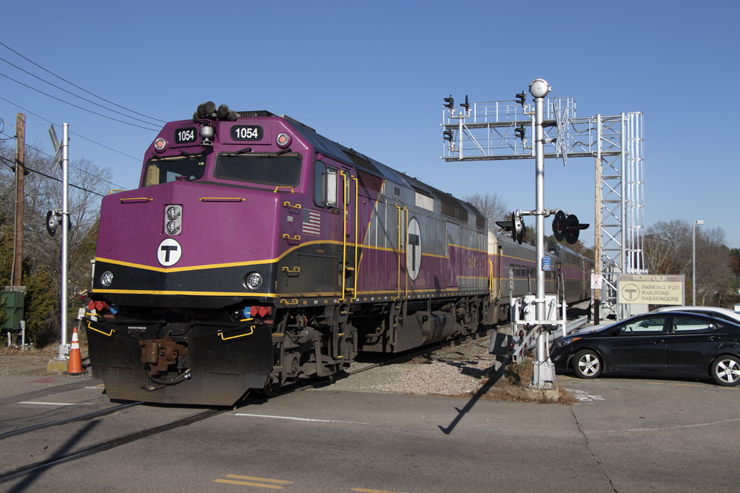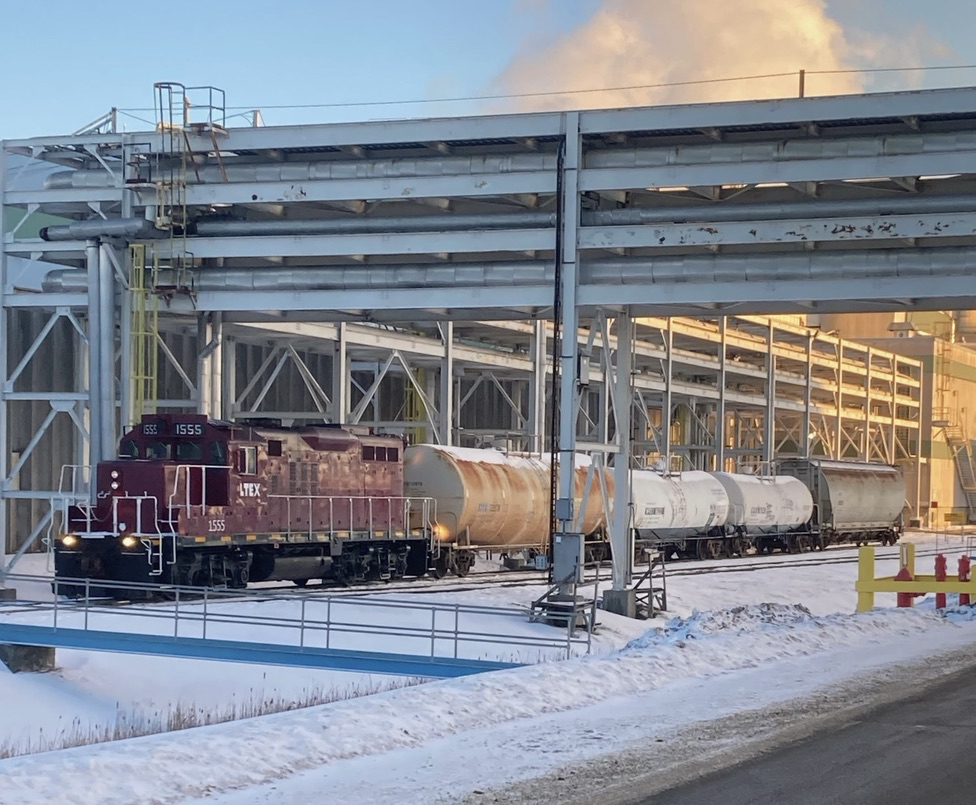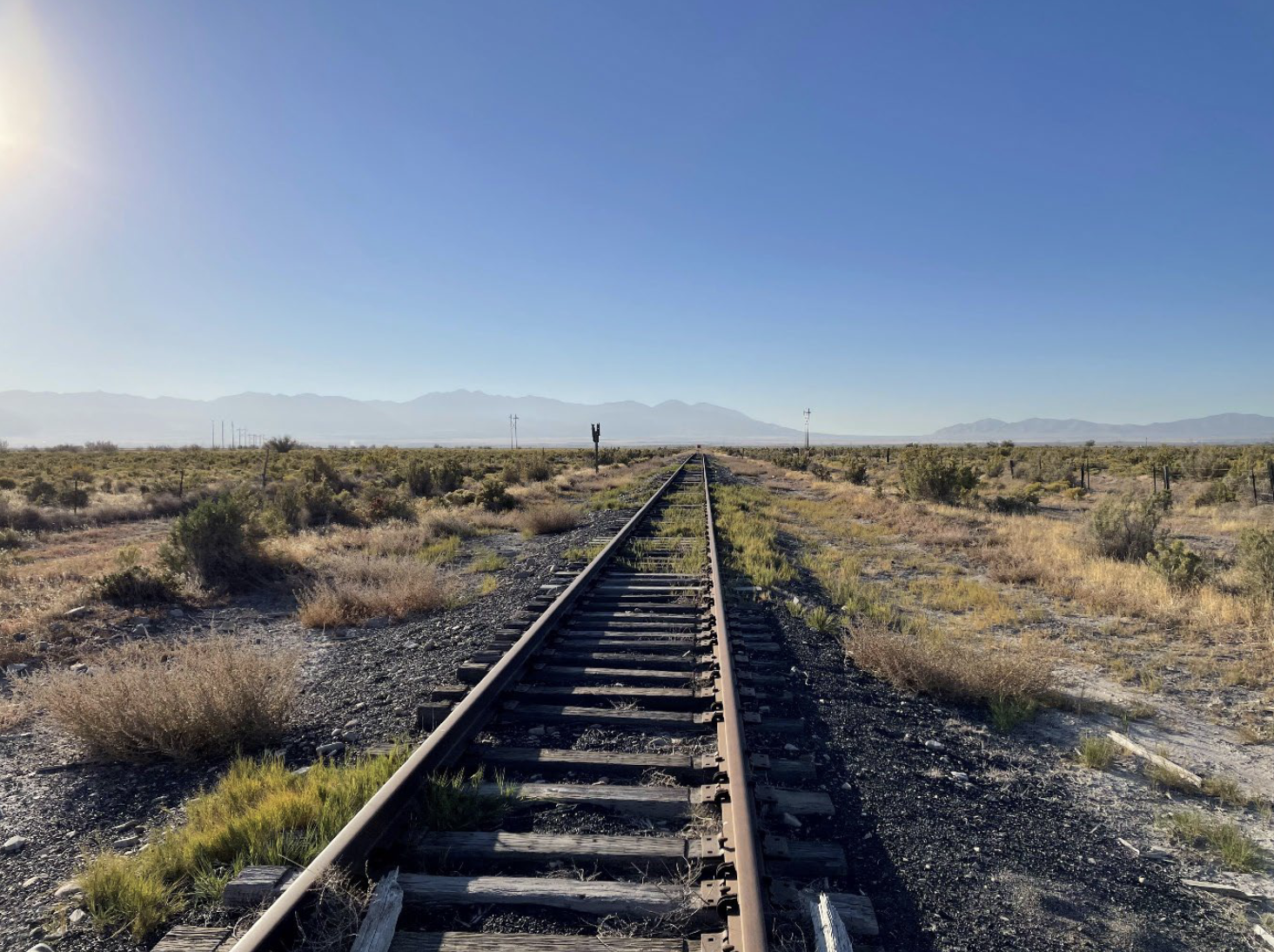
BOSTON — A state legislative committee has proposed shrinking the Massachusetts Bay Transportation Authority as one way to address the agency’s widespread safety issues.
Boston.com reports the Massachusett’s legislature’s Joint Committee on Transportation has suggested in a report issued earlier this week that the MBTA be relieved of its commuter rail and ferry operations, as well as its responsibility for major capital projects, allowing it to focus on subways and buses.
The 78-page report is the result of three hearings on the MBTA held between July and October of last year, and is intended to provide information for state lawmakers as they consider possible action to address the MBTA’s safety issues.
The suggestion that the commuter rail and ferry responsibilities be shifted elsewhere — to the state Department of Transportation, in the case of commuter rail — would allow the MBTA to focus on its “core mission” of Boston area bus and transit service, writes state Rep. William Straus, a committee co-chairman. He adds “the notion that the MBTA is truly in charge of the selection and supervision of the commuter rail system is something of a fiction,” given past involvement of the governor and state secretary of transportation.
He also notes that neither the commuter rail nor ferry operation are under the safety jurisdiction of the Federal Transit Administration, which issued two sets of directives last year to address MBTA safety issues.
The report noted that the MBTA continues to face a maintenance backlog that was “decades in the making.”














Interestingly, the Mass. state legislative committee wants MBTA to keep the part that is failing and to form a new set of letters, bureaucrats and lawyers to oversee the contractor that is operating the trains and presumably another for the ferries. Sounds like a jobs program for bureaucrats and lawyers.
An earlier post had asked about Philadelphia. SEPTA pretty much runs everything: commuter rail, subway, elevated, trolley, bus, trackless trolley.
SEPTA also operates rail service to Claymont, Wilmington and Newark DE under contract with the State of Delaware, and rail service to Trenton and West Trenton NJ from Phila.
PATCO operates the high-speed line across the Ben Franklin Bridge to Lindenwold NJ (much like NY-NJ Port Authority operates PATH from Newark NJ and Hoboken to NY.)
NJT operates diesel trains from 30th St. Phila to Atlantic City and busses from Phila to NJ.
In New York, there is the Metropolitan Transportation Authority or MTA for short which operates the NYC subways and buses as well as the Metro North and Long Island commuter railroads as well as the NYC bus system and a number of years ago took over operation of the remaining private bus lines running in Queens and Brooklyn. While the MTA has done some good things including unifying the transit system in the New York area, they leave much to be desired. The MTA is a bloated overextended political bureaucracy being run by political hacks and cronies who are clueless when it comes to running the trains and buses and really missing the train – pun intended when it comes to really meeting the needs and wishes of the people they serve and who depend on the MTa to get them where they need to go. Between fare increases every few years and a mounting doomsday deficit that they need to pay back, the MTa is a political mess with no concrete ideas or solutions on how they can get expenses and deficits under control. Cutting service or eliminating lines as well as yearly fare increase does not alleviate the situation. Albany controls the MTA and calls the shots. New York City really has no say or governing power over its own transit system. Mess and confusion which will only get worse with more people and prospective riders ditching mass transit in New York. How much more can people take with fare increases almost every year and service cutbacks because of political bungling and ineptness being done by the MTA ?
Joseph C. Markfelder
Bad idea! No thought is being given to potential public transportation passengers. I can imagine bickering between agencies for various services. Who is going to serve what areas? Commuter rail, subways, light rail, or buses / trackless trollys? There needs to be an agency that determines what serves what area, long range plans, improvements,etc.
Opertions should not determie how an area is served. Now safety does need specific operations oversight where both FRA and FTA oversight will remain anyway.
As a Chicagoan, my warning would to be cautious of breaking it apart. In Chicago itself we have a problem of Metra and the CTA competing for limited funds, instead of working together to improve and integrate services. This can be seen systemwide with minimal far integration, or the new Red Line Extension, which will overlap market share with the Metra Electric Blue Island branch, which is extremely underutilized.
In the Seattle Metro area, Sound Transit operates the Link light rail, the Sounder commuter rail, and Sound Transit buses mostly intercity including construction projects. King county Metro operates the buses and electric trolleys on local routes which includes intercity.
I just caught that the CONSTRUCTION “responsibilities” would go elsewhere too. So rebuilding T Stations would be taken out from under the T. Does such make sense? The MBTA Capital Budget is what is killing the T it has been said. They keep spending an awful lot of money everywhere. I have seen TWO rebuildings of Wood Island Station; salt air and spauling concrete can do that. New Extensions; Green Line X now that it is done needs its parallel bus lines re-routed,
Now, do other cities separate commuter rail from transit? Chicago, NYC, Philadelphia? Some do and some don’t. Operationally this seems to be only setting up a “second” MBTA, a MassBayRail maybe. Spending more money–but would it address maintenance any better? Probably no better–but “MassBayRail” could be a vehicle for passenger trains in other parts of the state.
The proposal would essentially abolish MBTA, which was created in 1964. That year, the former MTA, fourteen cities and towns, became MBTA, if I recall seventy-four or seventy-eight cities and towns. Theoretically to coordinate transportation planning. We’re all adults. The real reason was to increase the tax base. Democrat Governor Endicott Peabody, who served a single two-year term after and before Republican Governor John Anthony Volpe, accomplished this. (Volpe’s accomplishment, as US Secretary of Transportation, was sneaking the creation of Amtrak past Richard Nixon.)
Changing the org chart can be one step in the process. Peeling off commuter rail and ferries so as to let MBTA concentrate on core duties of subway and buses makes some sense. Doesn’t necessarily make the subways run better, but it can’t be any worse than now so give it a try.
The precedent is the abolition of the Metropolitan District Commission, transferring duties from MDC, a former arm of the Commonwealth, to other state agencies — state police, state parks, and state roads. Also I believe the Mass Pike was abolished in favor of the state highway department. I may be wrong on that one. The state legislator William Straus may be correct: sometimes rearranging the deck chairs on the Titanic actually works out for the better.
The legislature would have to change who pays for what. The town of Norfolk in the photo– and dozens of cities and towns in Essex, Middlesex, Norfolk, Bristol and Plymouth Counties, are only served by commuter rail, not the buses and subways. It makes no sense for them to remain in MBTA. MBTA would need to shrink to its core, maybe around thirty cities and towns.
You are correct Charles that the Mass Turnpike Authority was folded into the Highway Department of MassDOT. As for the proposal to break up the MBTA, “rearranging the deck chairs on the Titanic” pretty much sums it up. Until MassDOT and its political enablers begin to see subways, light rail, buses, and commuter/regional rail as something other than transportation for the commoners, losers, ne’er-do-wells, the hookers and the druggies, and the drunks, nothing is going to improve.